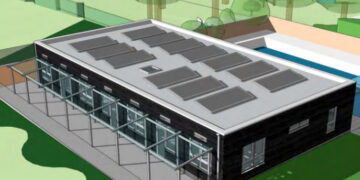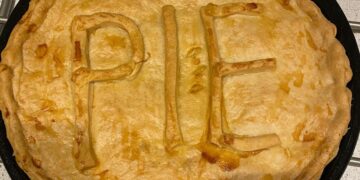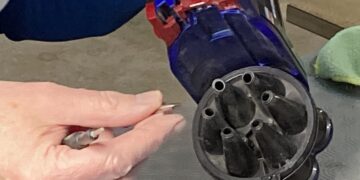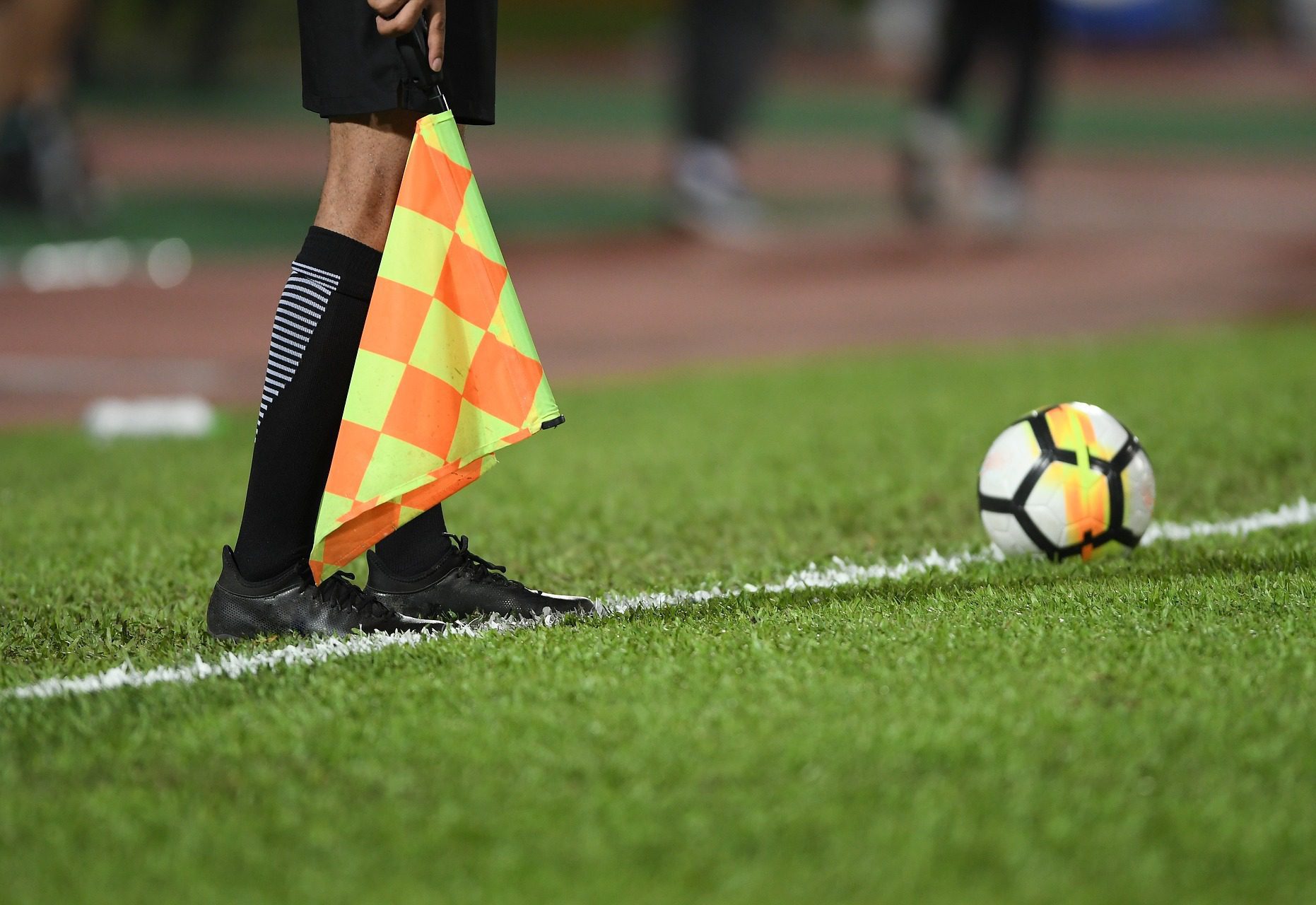If you are a BBC Match of the Day 2 watcher, you will have seen a couple of Sundays ago, an unusual clash between Tottenham goalkeeper Hugo Lloris and Newcastle United’s Callum Wilson.
If not, let me describe it for you. Lloris had charged outside his penalty area and chested the ball but in doing so, crashed into Wilson coming the other way. Lloris fell flat on his back, whilst not only did Wilson stay on his feet, but he retrieved the ball and from 25 yards out and kicked it into the Tottenham goal.
Perhaps only to be expected, the whole of the Tottenham team and management were demanding a free kick. However, Australia’s favourite referee, Jarred Gillett, who came to England so he could referee in the Premier League, stood firm in allowing the goal and he was quite correct.
Clashes between a goalkeeper and an outfield opponent often result in a free kick to the goalkeeper’s team, but the Laws of the Game are quite clear on this particular issue. ‘All players have a right to their position on the field of play, being in the way of an opponent is not the same as moving into the way of an opponent’.
This all comes under the heading ‘Impeding the progress of an opponent’ what we used to call obstruction. It means ‘moving into the opponents path to obstruct, block, slow down or force a change of direction, when the ball is not within playing distance of either player’.
It was obvious that Wilson did not do any of these things, he only held his ground. That’s not impeding. Just because one player comes off worse, doesn’t always mean a foul has been committed.
Impeding is an offence that’s not well known as it seldom happens, or is not spotted too often, as it can happen away from the play with the referees concentrating on the ball.
Incidentally, as a matter of reference, In 2016 this Law was changed slightly to say that that if there was no contact when impeding, it would be penalised with an indirect free kick, which had always been the case.
If however, when impeding, contact was made with the opponent, it would be a direct free kick or penalty if it happened in defending penalty area.
However, let us not forget that shielding the ball is permitted, providing it is within playing distance.













































